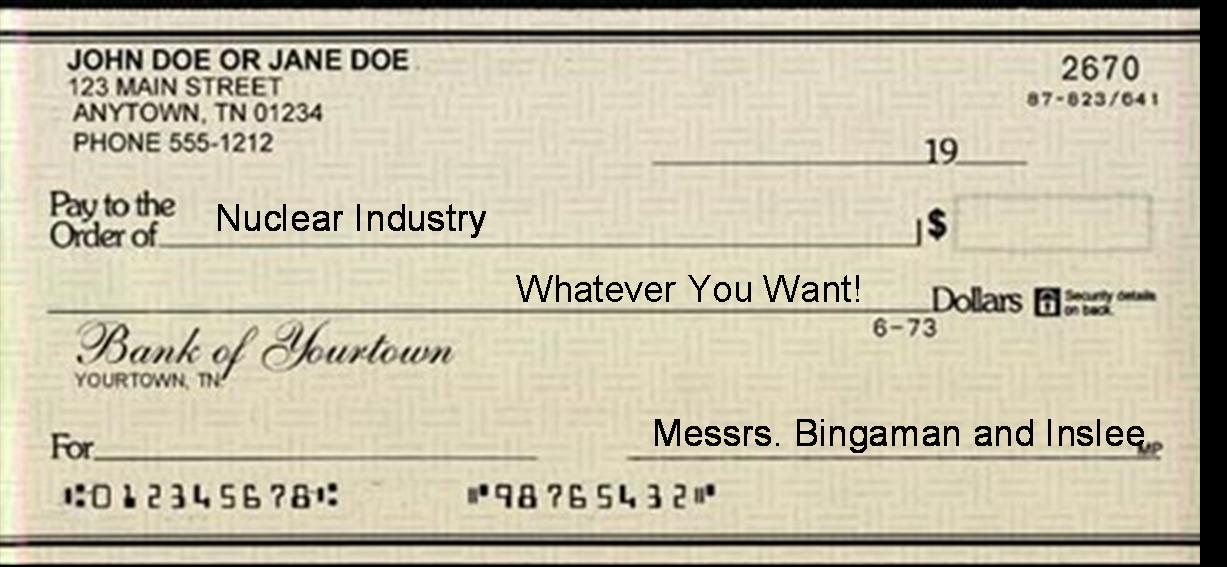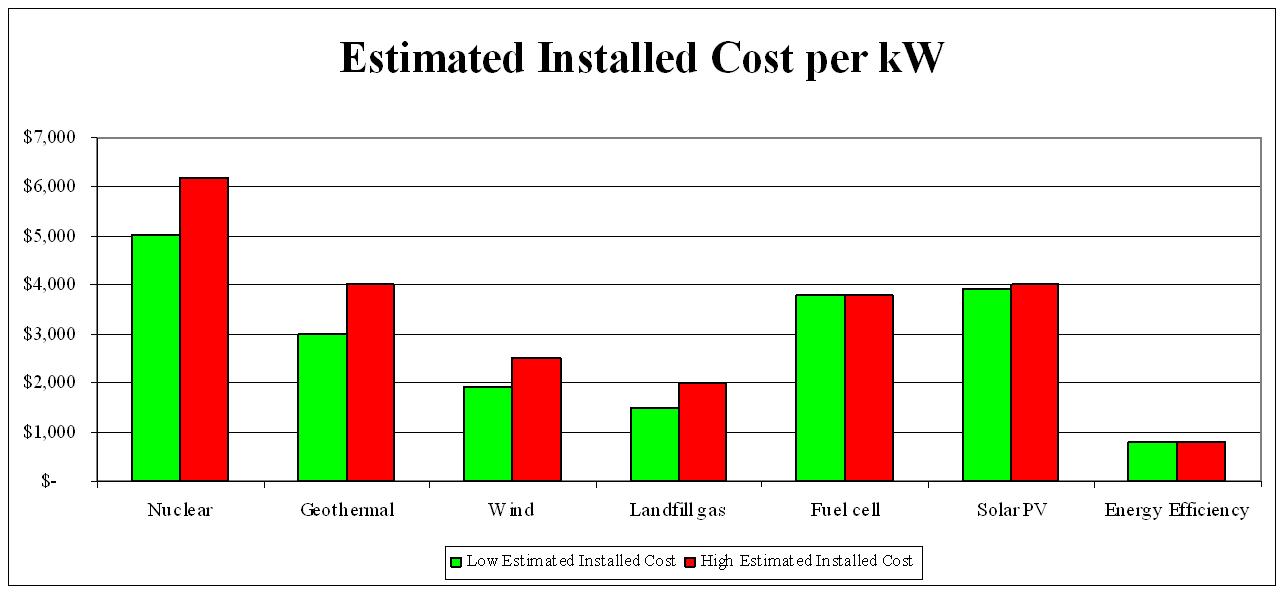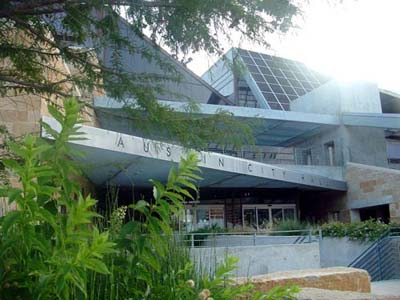Oral Hearing Set for June 23rd-June 24th in Bay City, TX
Citizen opposition to more nuclear reactors in Texas continues. On June 23rd-24th an oral hearing will be held before the Nuclear Regulatory Commission’s Atomic Safety and Licensing Board on the Citizens’ Petition to Intervene in South Texas Project (STP) Nuclear Power Plant Units 3 and 4.
SEED Coalition, Public Citizen and South Texas Association for Responsible Energy are petitioners seeking to intervene in the proposed expansion of South Texas Project.
“Building two more nuclear reactors at STP is not in the best interest of the local community,” said Susan Dancer, a local wildlife rehabilitator. “Pursuing the most expensive and most water intensive energy source in a time of extraordinary drought and economic recession makes no sense. The local community will get stuck with more radioactive waste and bear heavy infrastructure costs if the proposed reactors get built. The existing reactors have not solved local economic problems.” Dancer chairs the Bay City based organization South Texas Association for Responsible Energy (STARE).
Attorney Robert V. Eye will represent the petitioners before the designated Atomic Safety and Licensing Board Panel and argue the admissibility of the 28 contentions citizens filed with the Nuclear Regulatory Commission on April 21st. These contentions point out the inadequacies and the incompleteness of South Texas Project Nuclear Operating Company’s (STPNOC) combined operating license application (COLA) to construct and operate South Texas Project Units 3 and 4. NRG Energy and San Antonio’s municipal utility CPS Energy are both applicants for the proposed reactors, which fall within STPNOC.
“NRG has failed to comply with new federal regulations regarding aircraft impacts,” stated Mr. Eye. “These new regulations are very specific and require the applicant to plan for catastrophic fires and/or explosions that would cause the loss of major critical functional components in the plant. After 9-11, an aircraft attack on a nuclear power plant is a real and credible threat. Moreover, fire hazards represent about half of the risk of a nuclear reactor meltdown. NRG’s noncompliance with these regulations puts citizens around South Texas Project in a dangerous position, which is completely unacceptable.” (more…)


 A bill currently moving in the Texas Legislature, HB 4525, would create new state subsidy of $50 million each for new nuclear and coal plants.
A bill currently moving in the Texas Legislature, HB 4525, would create new state subsidy of $50 million each for new nuclear and coal plants. Buried in the language of the “Clean Energy Bank” legislation sponsored by Senate Energy Committee Chairman Jeff Bingaman and Rep. Jay Inslee (D-WA) is a blank check to the nuclear industry.
Buried in the language of the “Clean Energy Bank” legislation sponsored by Senate Energy Committee Chairman Jeff Bingaman and Rep. Jay Inslee (D-WA) is a blank check to the nuclear industry. Time for a Friday wrap-up, all the news that’s fit to link:
Time for a Friday wrap-up, all the news that’s fit to link:
 HB 2721 threatens to fast-track water permits for nuclear plants, which use vast quantities of water. Water is precious, and Governor Perry has just requested federal aid for all 254 counties in Texas due to statewide drought. Water permits should be given careful scrutiny, and not be rushed. This bill, which will be heard tomorrow on Earth Day, would actually deny citizens the right to a contested case hearing for these water permits!
HB 2721 threatens to fast-track water permits for nuclear plants, which use vast quantities of water. Water is precious, and Governor Perry has just requested federal aid for all 254 counties in Texas due to statewide drought. Water permits should be given careful scrutiny, and not be rushed. This bill, which will be heard tomorrow on Earth Day, would actually deny citizens the right to a contested case hearing for these water permits! This week citizens submitted two separate filings to the Nuclear Regulatory Commission (NRC) opposing Luminant (formerly TXU)’s proposed Comanche Peak nuclear reactors. Petitioners include state Rep. Lon Burnam, the
This week citizens submitted two separate filings to the Nuclear Regulatory Commission (NRC) opposing Luminant (formerly TXU)’s proposed Comanche Peak nuclear reactors. Petitioners include state Rep. Lon Burnam, the 
 I have been remiss in my duties as Blog Lady because I haven’t told you anything about the slated Andrews County nuclear waste dump. Oh, you hadn’t heard? TCEQ approved a “low-level” radioactive dump out in the lower panhandle. There wasn’t a contested case hearing — and citizens of Eunice, New Mexico, the closest town to the dump, haven’t been able to officially voice their opposition because they don’t have standing under state law. The dump is also only licensed for 15 years, after which all that toxic waste will be the responsibility of the state. Aaaaand the dump will be accepting waste, not just from Texas, but from all over the United States.
I have been remiss in my duties as Blog Lady because I haven’t told you anything about the slated Andrews County nuclear waste dump. Oh, you hadn’t heard? TCEQ approved a “low-level” radioactive dump out in the lower panhandle. There wasn’t a contested case hearing — and citizens of Eunice, New Mexico, the closest town to the dump, haven’t been able to officially voice their opposition because they don’t have standing under state law. The dump is also only licensed for 15 years, after which all that toxic waste will be the responsibility of the state. Aaaaand the dump will be accepting waste, not just from Texas, but from all over the United States.
 Today the House and Senate are working to reconcile their different versions of the long-awaited economic stimulus package. The stakes are now higher than ever for Texans, who stand to gain from billions that could go toward developing renewable energy and efficiency in the state, reducing pollution from diesel engines, and cleaning up abandoned nuclear waste sites.
Today the House and Senate are working to reconcile their different versions of the long-awaited economic stimulus package. The stakes are now higher than ever for Texans, who stand to gain from billions that could go toward developing renewable energy and efficiency in the state, reducing pollution from diesel engines, and cleaning up abandoned nuclear waste sites.

